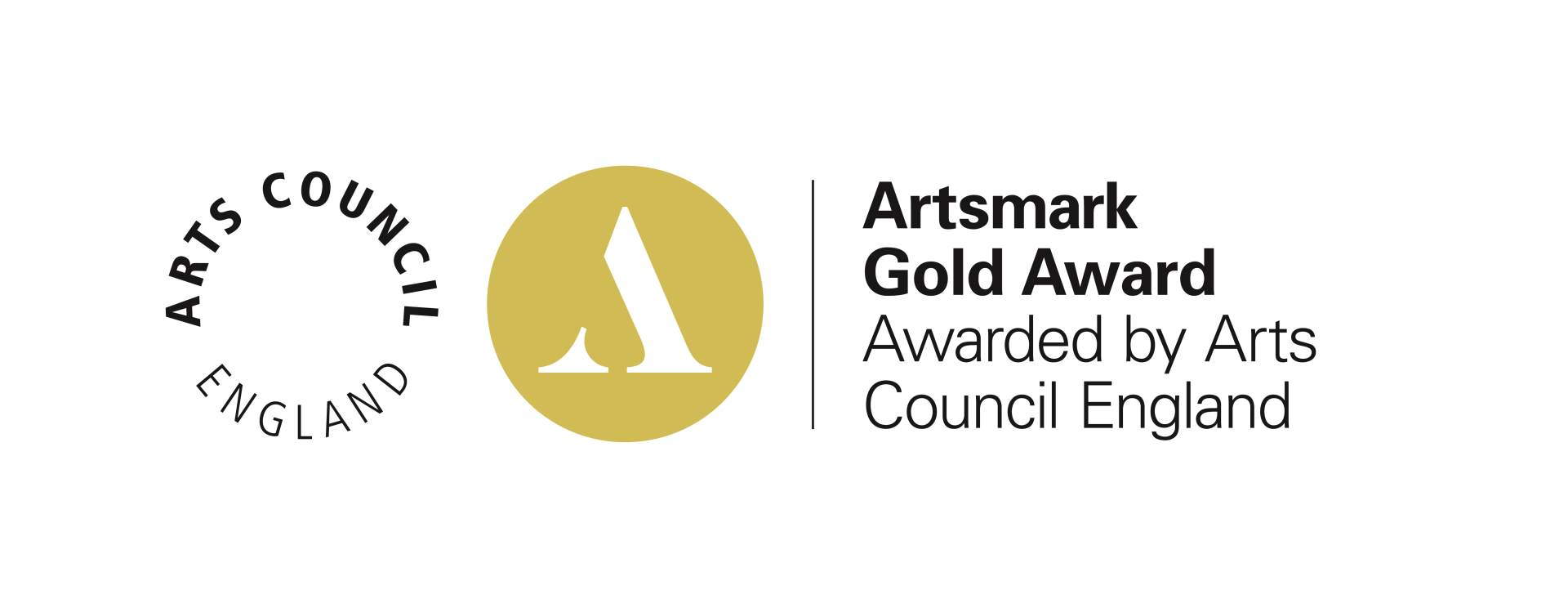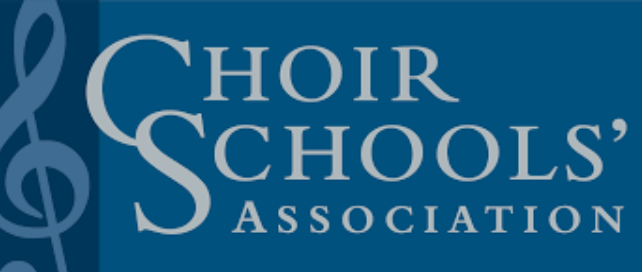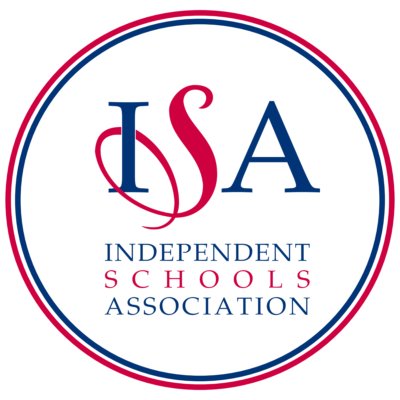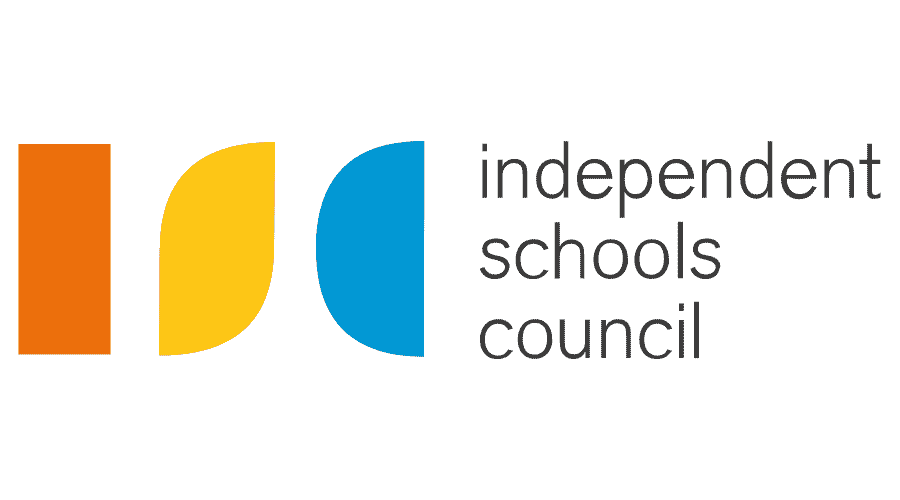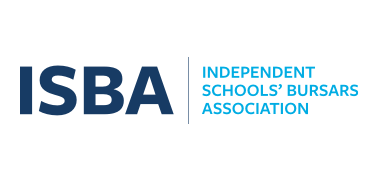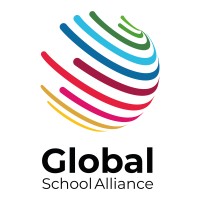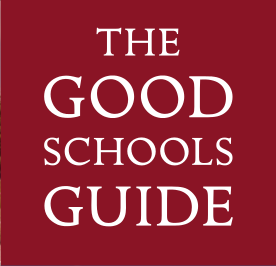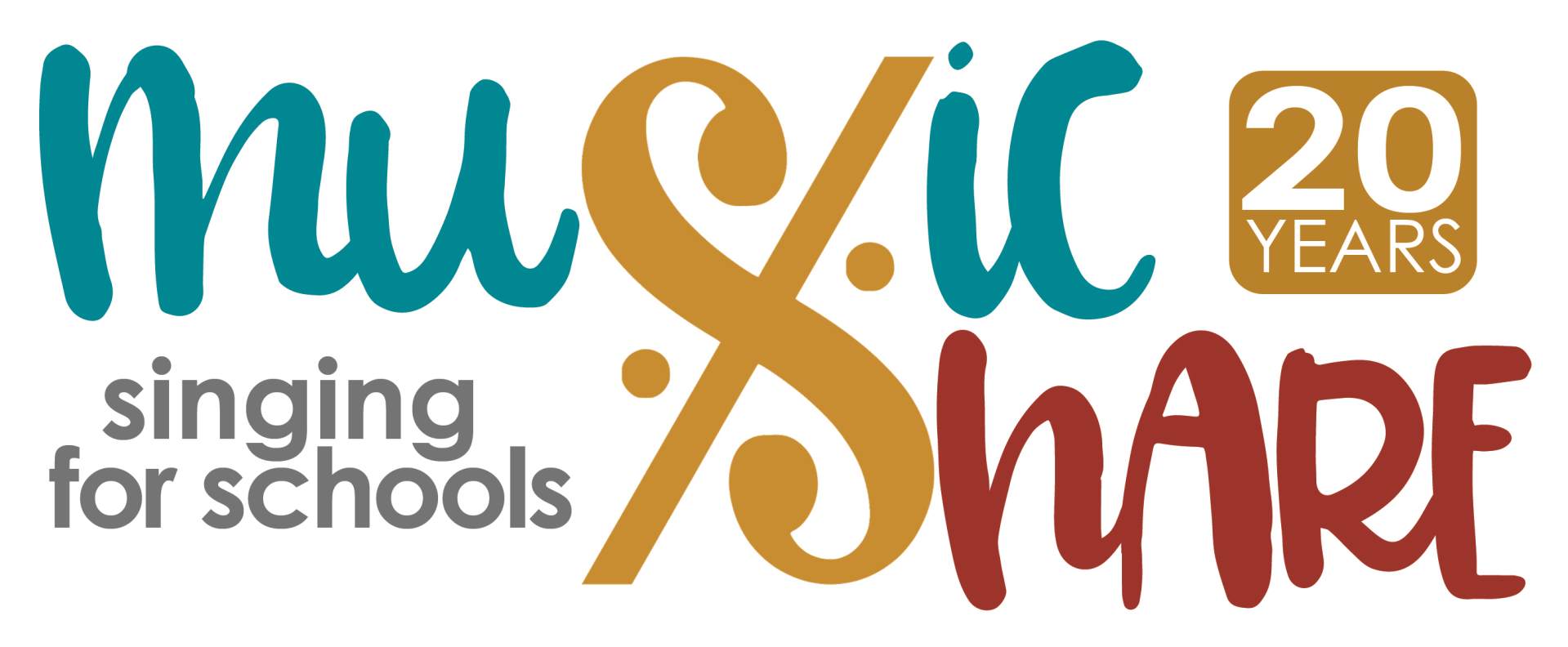Safe, Seen and Supported - Why safeguarding in private schools sets a different standard
As Headteacher, I am often asked what truly sets a private school apart. Parents naturally expect high-quality teaching, smaller class sizes, and exceptional facilities - and rightly so. But one aspect of independent education that is perhaps less discussed, yet just as critical, is this:
Child safety and safeguarding.
In today’s world, safeguarding is not just about preventing harm. It’s about creating an environment where children feel physically safe, emotionally supported, and consistently cared for. While every school in the UK - whether state or independent - is legally required to follow statutory safeguarding guidance such as Keeping Children Safe in Education, the culture and execution of that responsibility can differ greatly.
Smaller Schools, Larger Awareness
In many private schools, smaller pupil numbers mean that staff are able to build stronger relationships with every child. At Lichfield Cathedral School, a pupil isn’t just a name on a register - they are known, noticed and understood.
This has a powerful impact on safeguarding:
- Early signs of distress, anxiety or changes in behaviour are more likely to be picked up.
- Pupils are more likely to speak up for themselves or their classmates when they feel something is wrong.
- Staff can act quickly and personally as soon as a concern arises.
The safeguarding systems are often the same - but the speed, attentiveness and personal response in private schools are often more agile and effective.
Dedicated Safeguarding Structures
Private schools typically invest heavily in designated safeguarding leads (DSLs) and pastoral teams. In many cases, these are full-time roles rather than additional duties given to already stretched staff. Lichfield Cathedral School’s DSL is supported by a team of deputy DSLs as well as a pastoral team with high levels of safeguarding training.
This allows for:
- Early identification of potential problems
- Immediate response to concerns
- Closer communication with parents and external agencies
- Ongoing staff training that goes beyond the statutory minimum
Moreover, private schools have the flexibility and resources to tailor their provision to emerging issues, such as online safety, peer-on-peer abuse, or mental health - often ahead of the curve.
Pastoral Care and Safeguarding Go Hand in Hand
Strong safeguarding is rooted in strong relationships. In private education, the emphasis on pastoral care supports a proactive safeguarding culture. With regular tutor check-ins, wellbeing lessons, and dedicated pastoral staff, pupils are given time and space every day to talk about how they’re feeling - and to raise concerns safely. In addition, Lichfield Cathedral School provides an online reporting system called Safe Place that pupils can use to describe any worries they have about themselves or others, and access help and/or feedback.
This means issues are not just reacted to — they are often prevented entirely through careful attention and early support.
Closer School-Home Partnerships
Private schools place significant value on working closely with parents, and safeguarding is no exception. With more time and fewer bureaucratic constraints, communication between school and home tends to be more immediate, personal and collaborative. Parents at Lichfield Cathedral School have direct access to all of their child’s teachers, Heads of Departments, Head of Year and senior academics via email and can easily schedule online or face-to-face meetings. We provide training for parents in specific subjects, such as online safety, to ensure they know how to protect their children outside of school.
When concerns arise, parents are brought into the conversation quickly, and schools have greater autonomy to provide bespoke support - whether that’s counselling, mentoring, or tailored academic adjustments.
A Culture of Accountability
Independent schools operate within a framework of governance, inspection and parental expectation that often drives high standards of accountability. While state schools are overseen by Ofsted, private schools are subject to inspections by the Independent Schools Inspectorate (ISI), with a strong focus on pupil welfare and safeguarding.
At the same time, independent schools know that parents are making an intentional, sometimes significant, investment in their child’s education and wellbeing - and that expectation fosters a culture of excellence, responsiveness and transparency.
Final Thoughts: Safety First, Always
At our school, safeguarding is not just a policy - it’s a promise. A promise that your child will be seen, heard and protected. That they will be known by name, surrounded by trusted adults, and never left to struggle in silence.
Academic achievement may open doors. But feeling safe, supported and understood - that is what allows a child to walk through those doors with confidence.
If you’re considering a school for your child, ask about their safeguarding ethos. Not just their paperwork - but the people, the culture, and the care.
Warm regards,
Sue Hannam
Headteacher
Ready to take a tour around Lichfield Cathedral School? Fill in the form below and we will be in contact.







